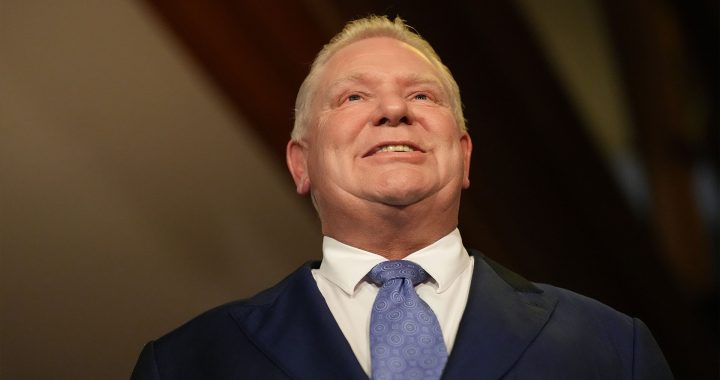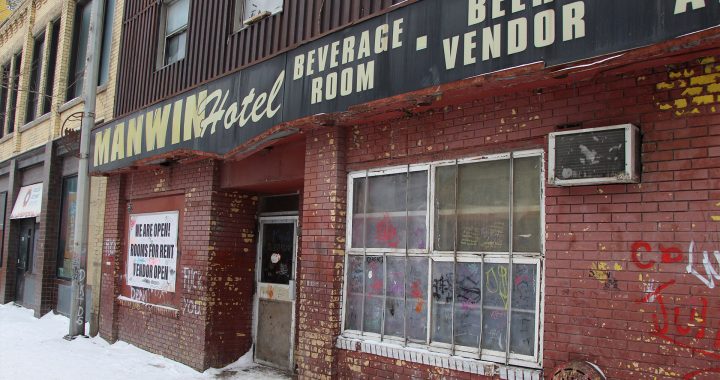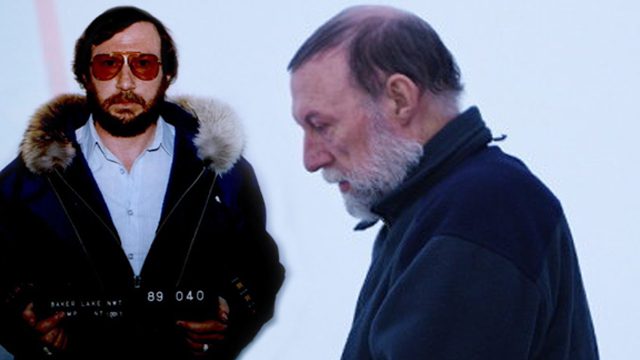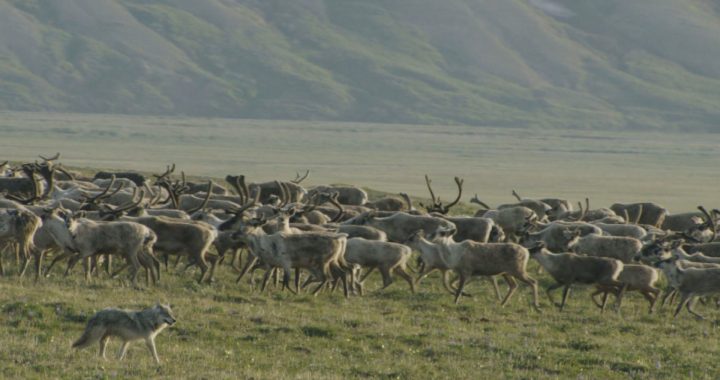Mumilaaq Qaqqaq knew that when she returned to the House of Commons after a two month break due to depression, anxiety and burnout that this session would be different.
One file was looming over them all.
“My priorities, as always, are going to be housing, affordable living, and water,” said Qaqqaq. “But I know, realistically, in this time, that Covid is what we need to be talking about.”
Nunavut has been designated as one of the parts of Canada to receive priority vaccines.
Overcrowded housing and remote communities abound in Nunavut, and COVID-19 thrives in them.
Qaqqaq hopes Nunavummiut are following the medical advice, and getting the vaccine.
“Nunavut is one of the places to see major rollouts of the vaccine,” she says. “Unfortunately, not everybody that can be getting the vaccine is getting the vaccine.
“People need to be getting the vaccine to keep our children and communities safe.”
Watch Qaqqaq during Question Period Jan. 29
Another federal program that will need attention this session? Repayment of the Canada Emergency Response Benefit – or CERB as it’s known.
Many Nunavummiut signed up for CERB and an unknown percent of them were fraudulent.
Premier Joe Savikataaq warned Nunavummiut at length about the dangers involved in collecting CERB fraudulently.
Qaqqaq points out, for some, the reward greatly outweighs the risk.
“I think we need to take a step back and see how many people were accessing that in the first place. I think that the situation for way too many people in the territory is the reality that people needed that in order to help pay for food on the table, to pay for rent,” explained Qaqqaq. “Whether or not they should have been accessing that is a different situation.”
National Inuit organization Inuit Tapaarit Kanatami, and territorial organization Nunavut Tunngavik, have both lobbied for all CERB for Inuit to be forgiven.
Qaqqaq doesn’t go that far, but doesn’t rule it out either.
“I’m not going to say yes or no, because I think that people needed the money, but there were probably people accessing it that shouldn’t have been,” explains Qaqqaq.
For her, Inuit were trying to make the best of a bad situation, one that started long before anyone knew about COVID-19.
“A lot of the situations that that Inuit and Nunavummiut are forced into, these horrible situations, is the result of underfunding of decades from the federal government,” says Qaqqaq. “So when we’re talking about should people pay back what they shouldn’t have claimed in the first place, you can look at as a case by case scenario in terms of did the individual need that money? Most likely. Should they have been accessing it? Maybe, maybe not.”
A Hard Earned Report
Qaqqaq took a tour of housing conditions last fall that eventually ended up with her taking a two month break. It is one thing to know Nunavut has housing challenges, it is another thing completely to immerse yourself in them.
She hopes to present her findings in about a month, she is just trying to figure out the way to make the most impact.
“Most likely a report, but I really want to steer away from… because we have so many reports, we don’t need to know numbers, we don’t need to know stats, we don’t need to necessarily need to know those kinds of thing,” says Qaqqaq.
“We need to know the true numbers, I will say that. But ultimately, we know that housing is an issue, and we know that many people in Nunavut need Housing.”
No one disputes the premise here, Nunavut needs housing by every measure. When something gets acknowledged as fact, it can become easier to tune out. That’s what she is trying to avoid.
“What we’re missing from it is the human connecting visual aspect I think. I think that’s what disconnects so many people. I’m trying to bring back connection. In the territory, we know it’s dire, people unfortunately live it every day, but not enough people are angry outside of the territory,” says Qaqqaq. “We’re a really small population, if you have one voice in there shouting ‘housing’ when everybody else is shouting for something else, it’s pretty easy to get drowned out real quick.”
Far From Home
Qaqqaq hasn’t been back to her hometown of Baker Lake since October, and like most Nunavummiut who live south, there are two things she misses the most.
“I miss the cold, I miss the cold so much and I miss being around Inuit, I miss being around other Inuit. The Covid reality of down south, it’s a lot different,” explains the Nunavut MP.
Being far from home means that when tragedy hits, you have to manage it yourself. That’s what happened over Christmas in Baker Lake, and she wasn’t there to help.
“[His] passing away was one of three suicides we’ve seen in my hometown in the last few weeks. It’s not the first Christmas-New Year’s that’s been three deaths by suicide. Another one of those was my old classmate I went to high school with him,” says Qaqqaq.
Over time, Qaqqaq has had to change her approach when suicide hits close to home. Her plan is reminiscent of instructions on an airplane when the oxygen masks come down. Put your own on first, because if you can’t take care of yourself you can’t help others.
“I used to spend a lot of time whenever there was a death by suicide I spent a lot of time for about the first week, week and a bit, I’d check in on everybody else around me. Then I’d allow myself to grieve.
I don’t do that anymore. I allow myself to be upset about it, before I start checking in on others,” said Qaqqaq.
With sky high suicide rates, many Nunavummiut have experience in handling that grief.
But that doesn’t make it any easier.
“When you grow up in a place where it’s normal to be substitute teaching and comforting a lot of the kids that you’ve coached or volunteered with, or whatever, and to have to sit there in classrooms all day and sit with them on the floor crying and just trying to comfort them, this is the reality unfortunately, of hundreds if not thousands of people throughout the territory.”










